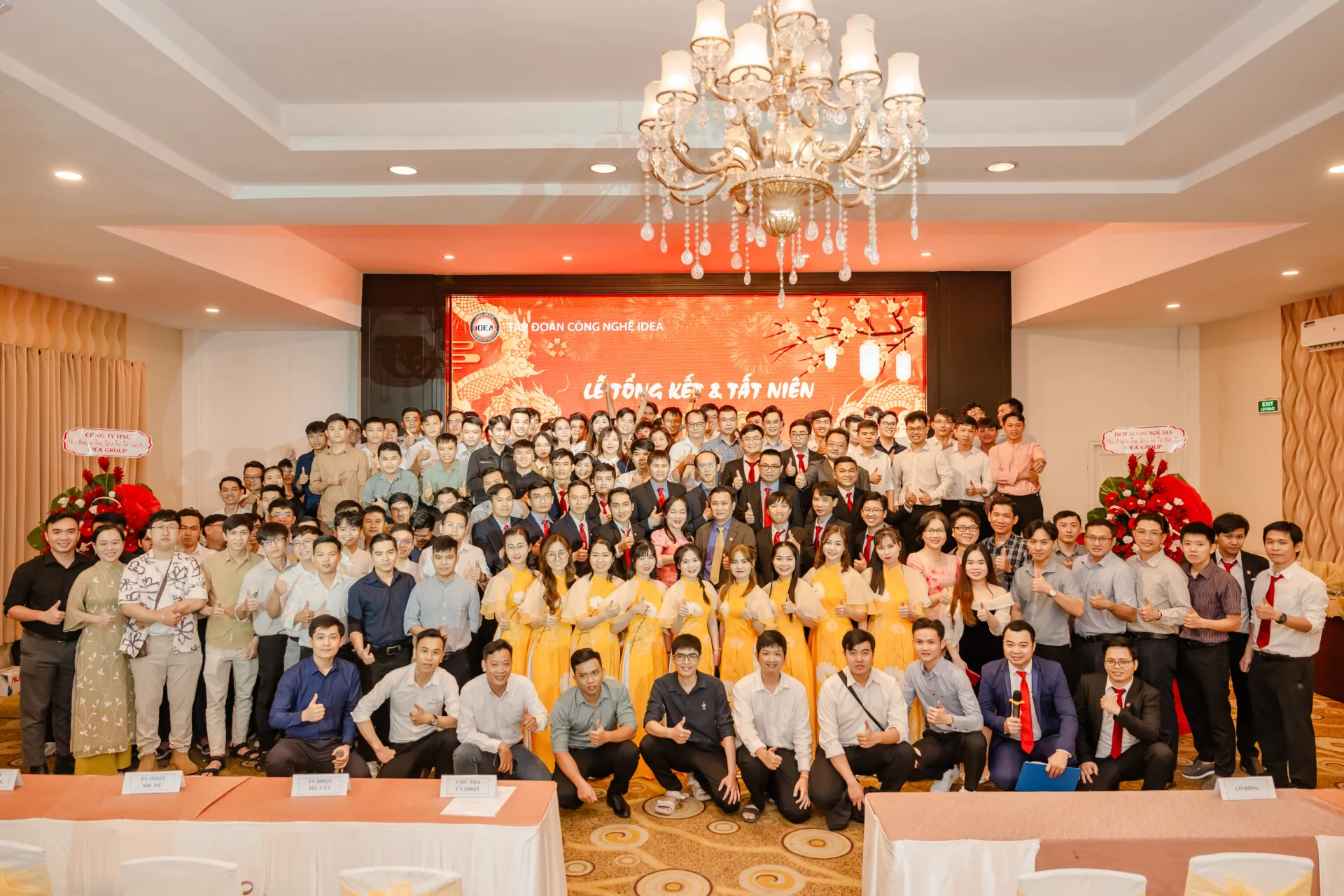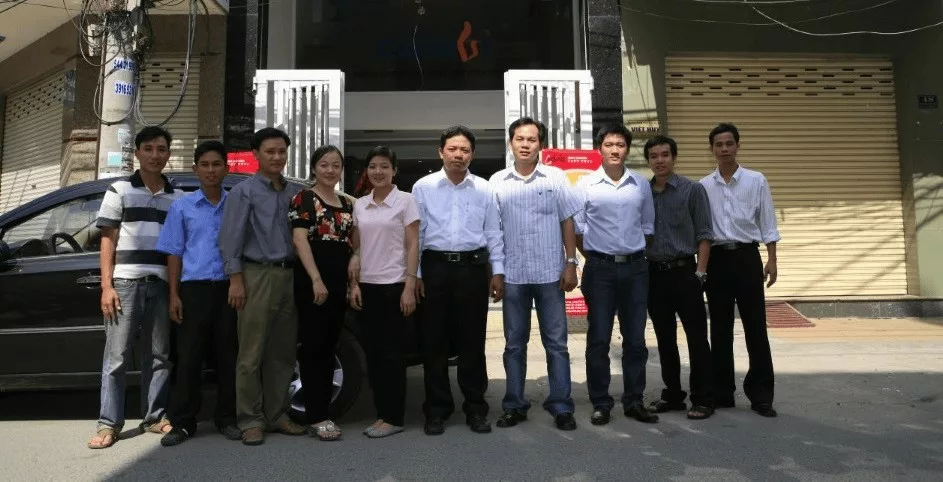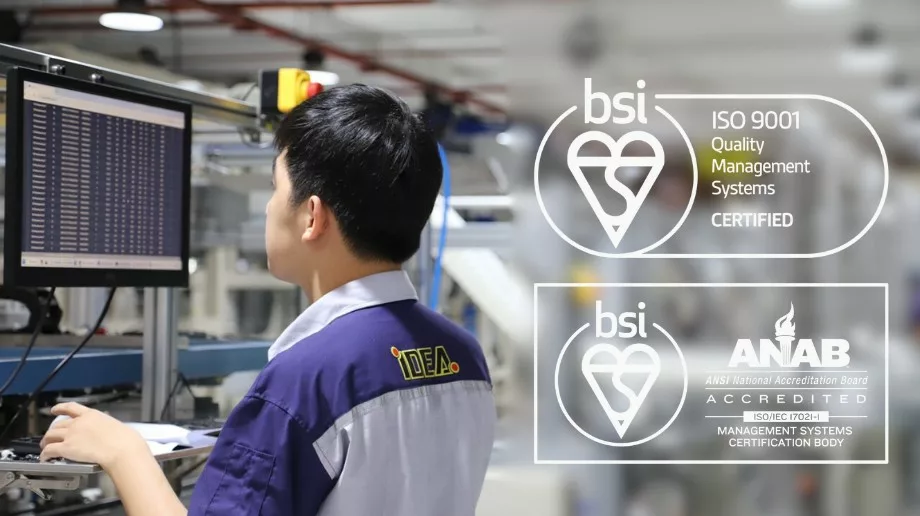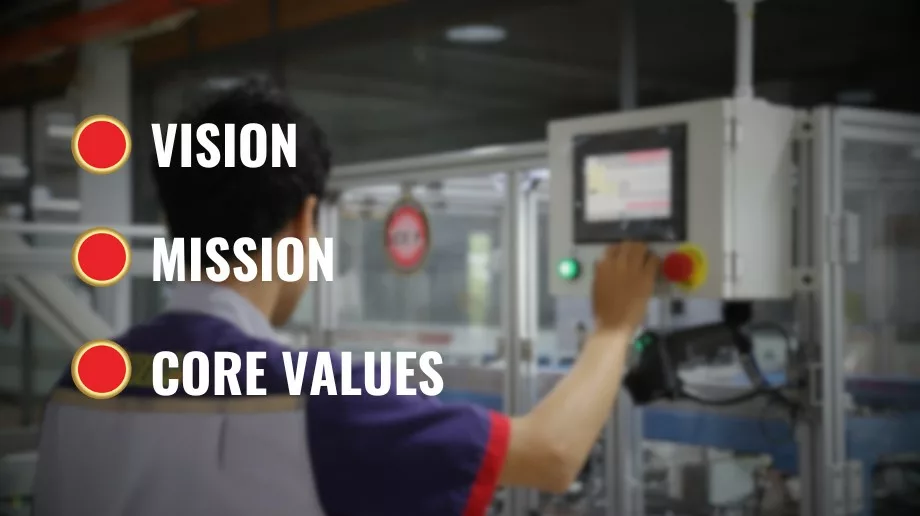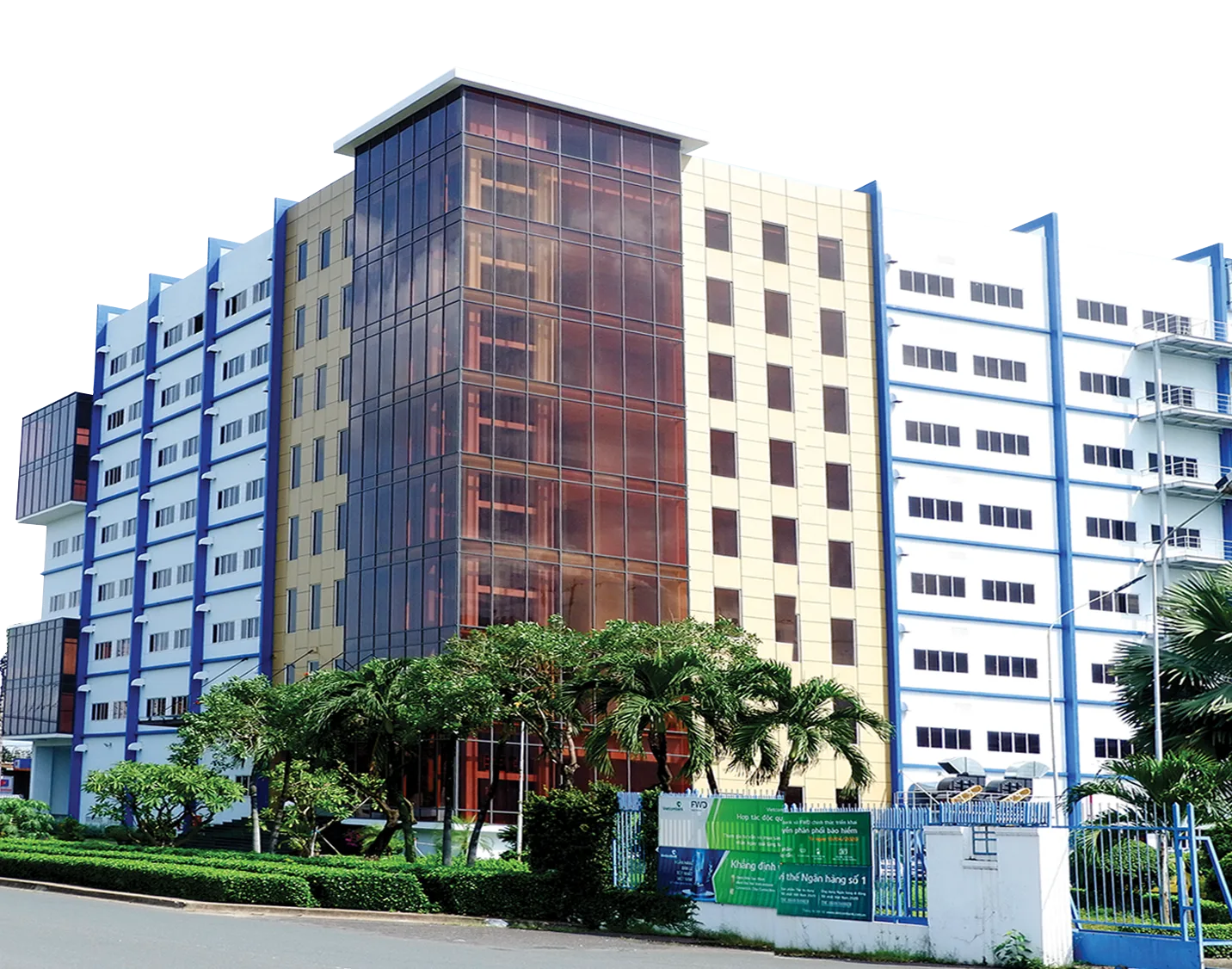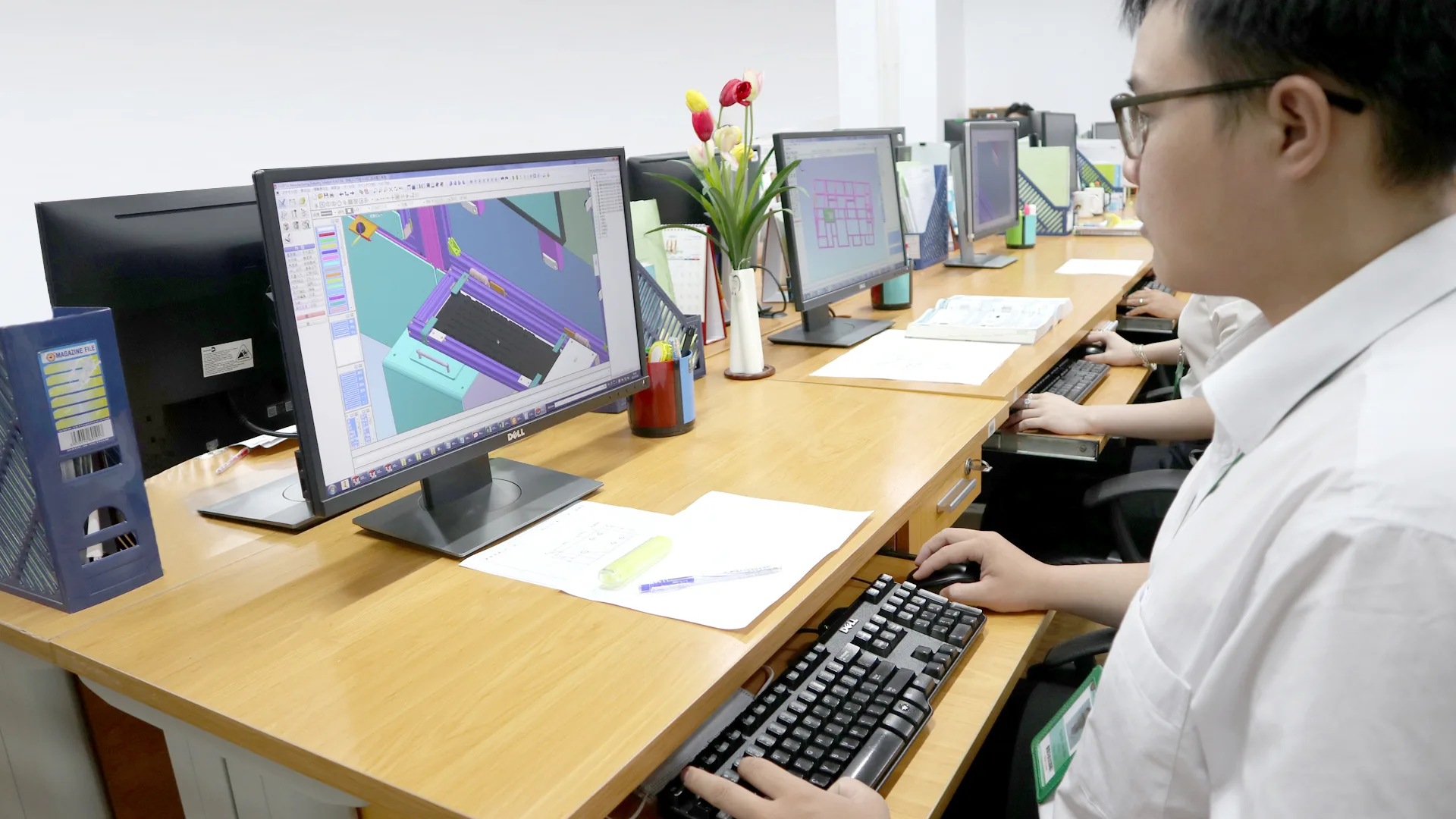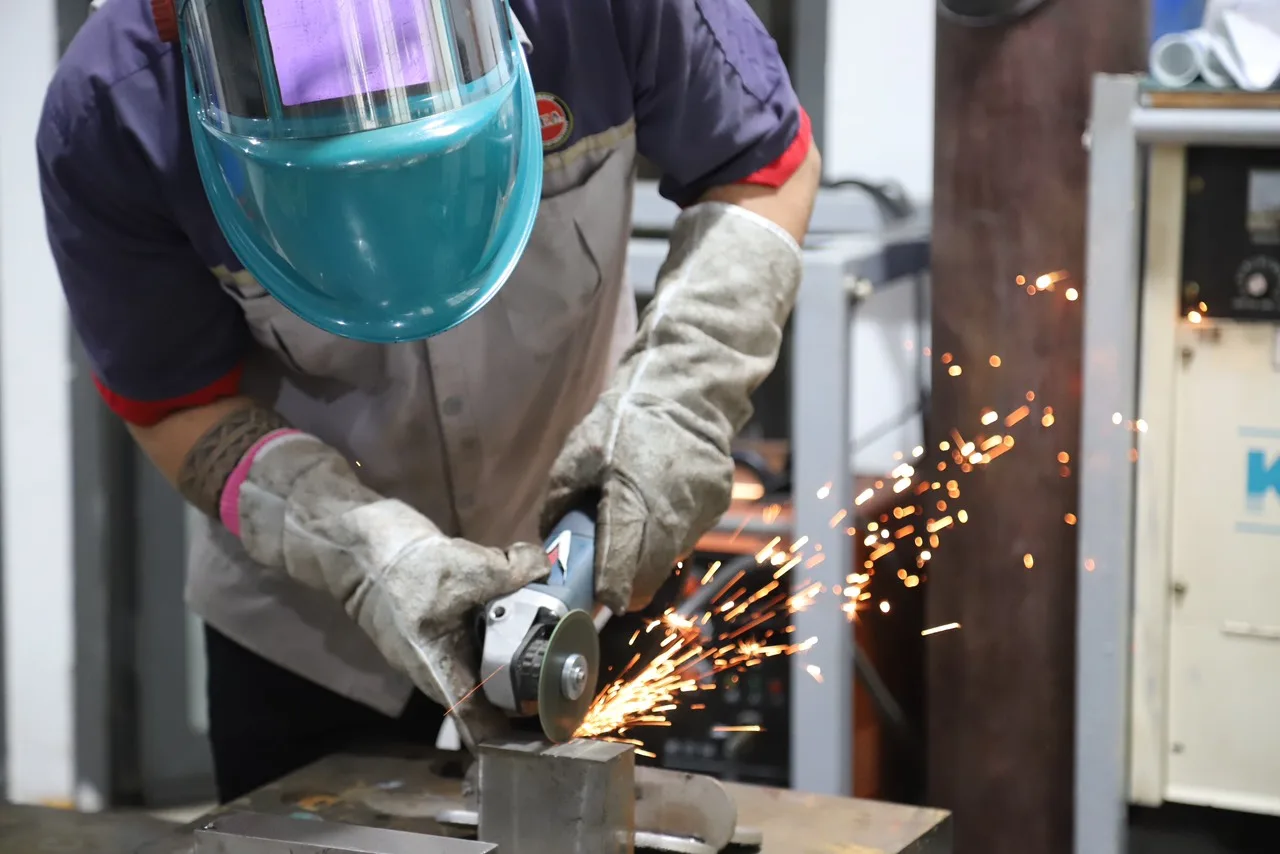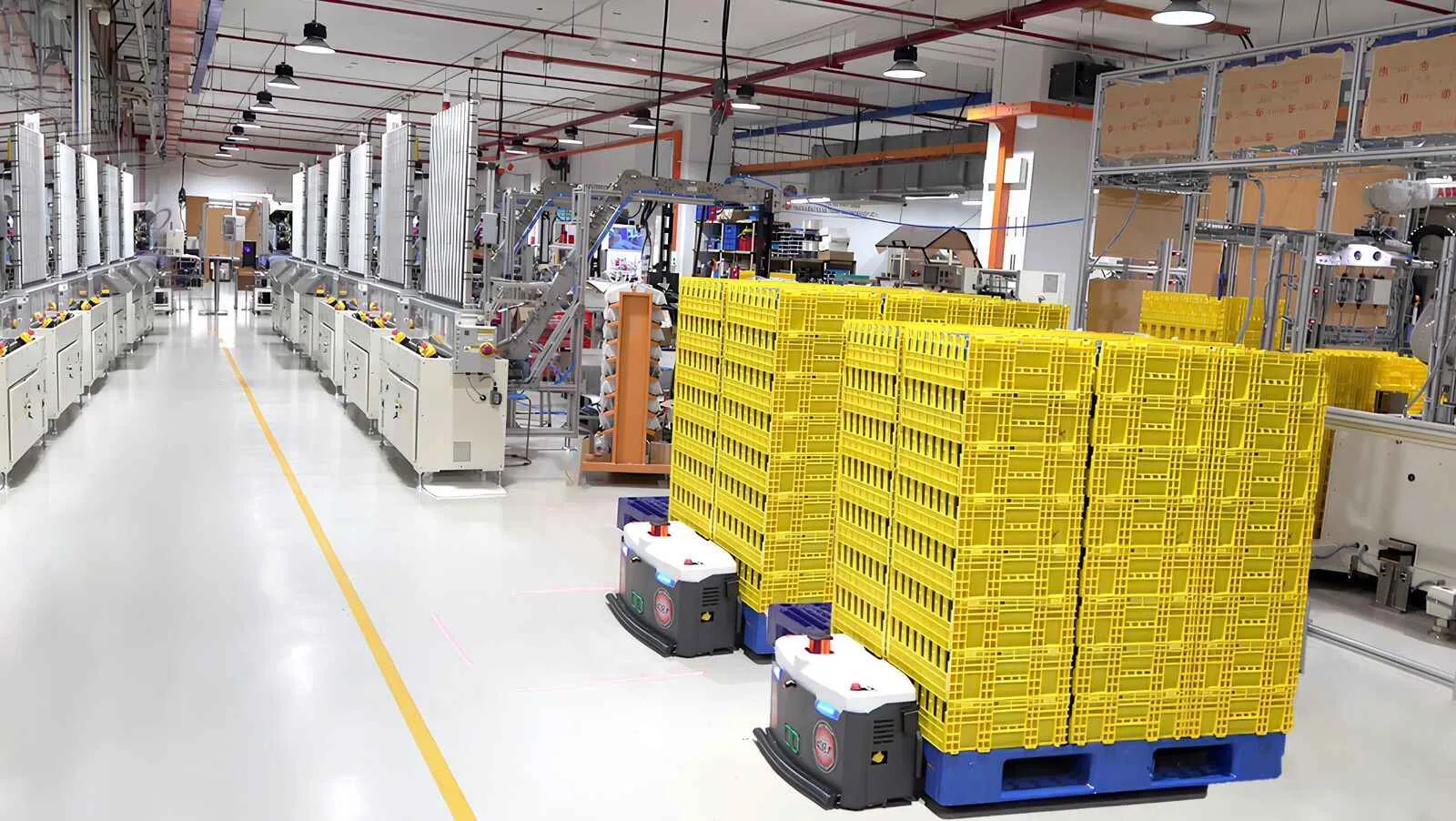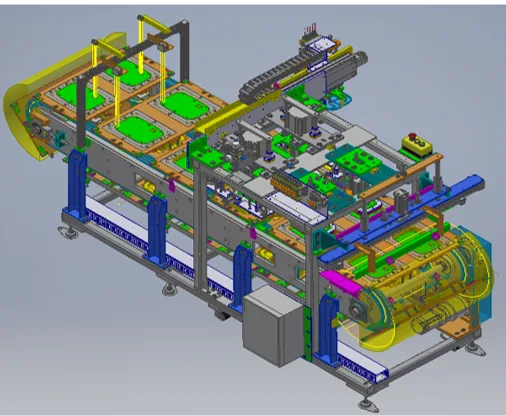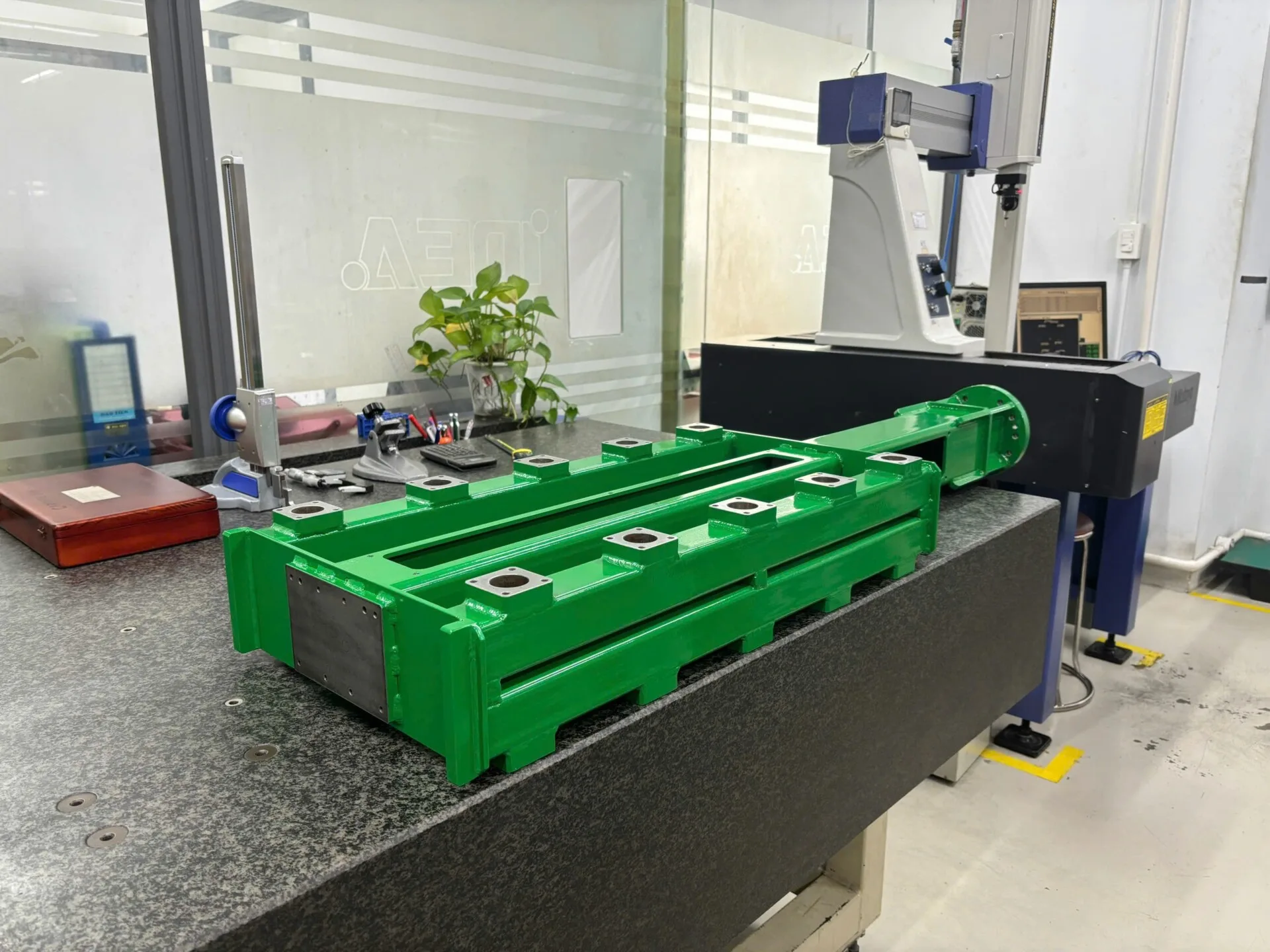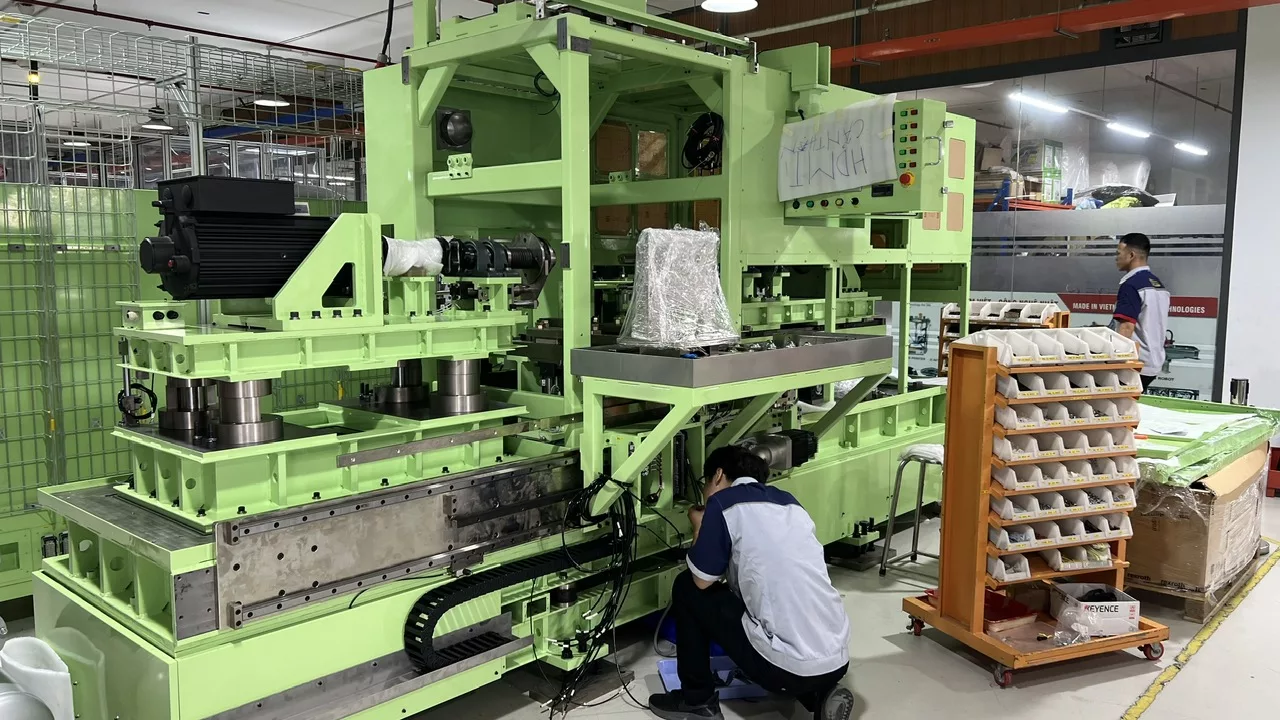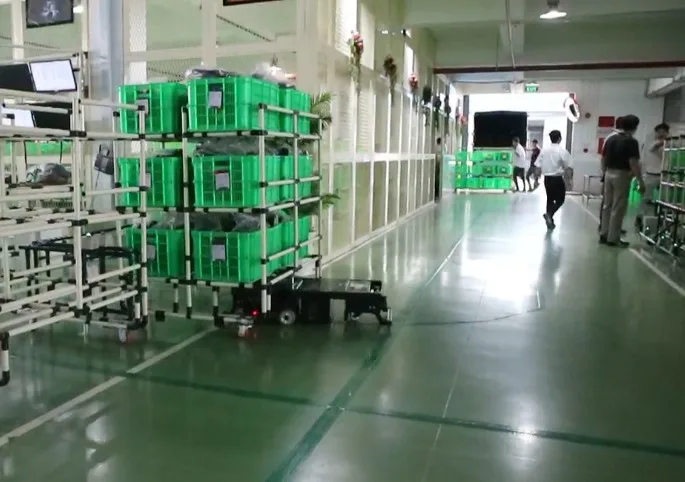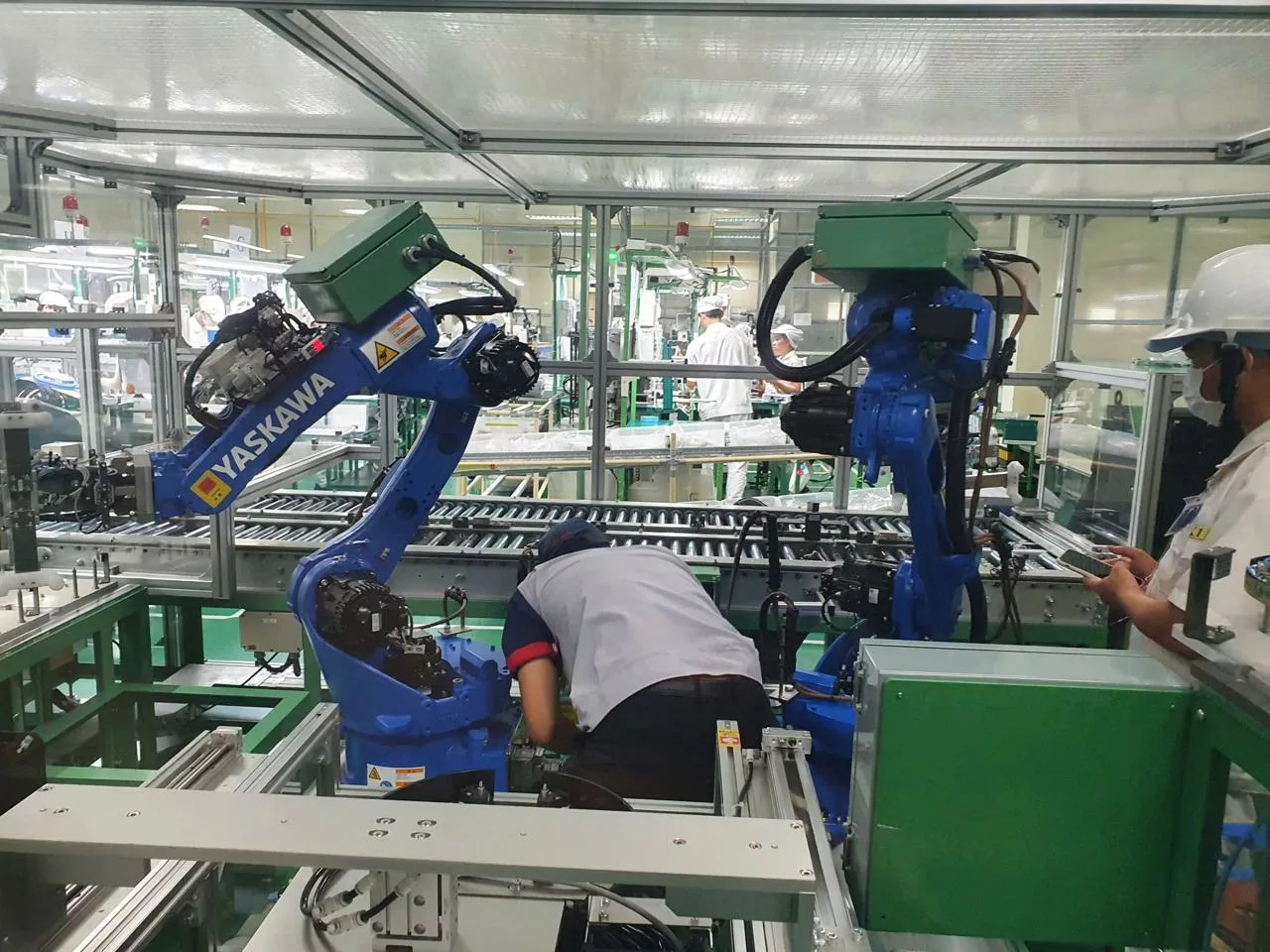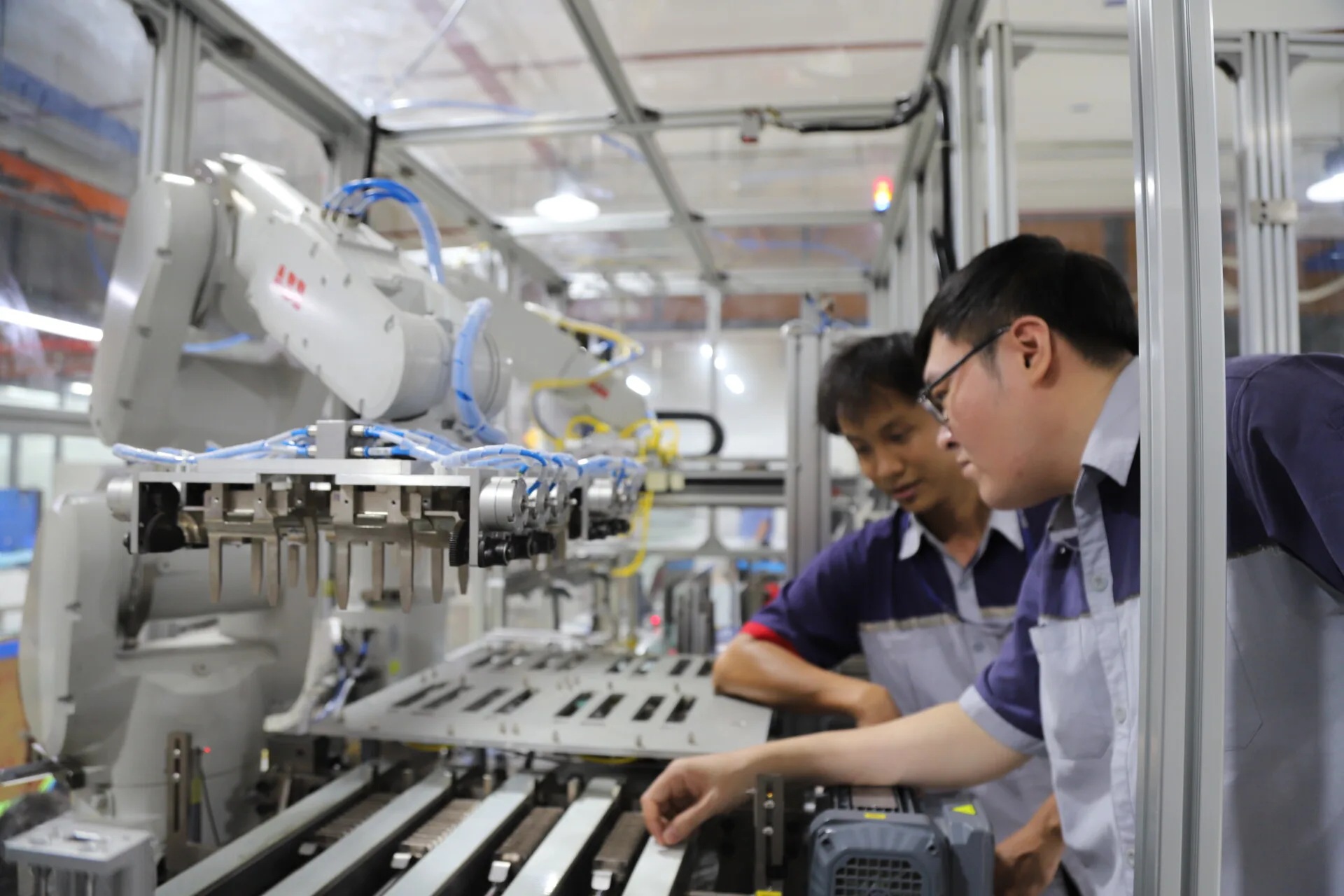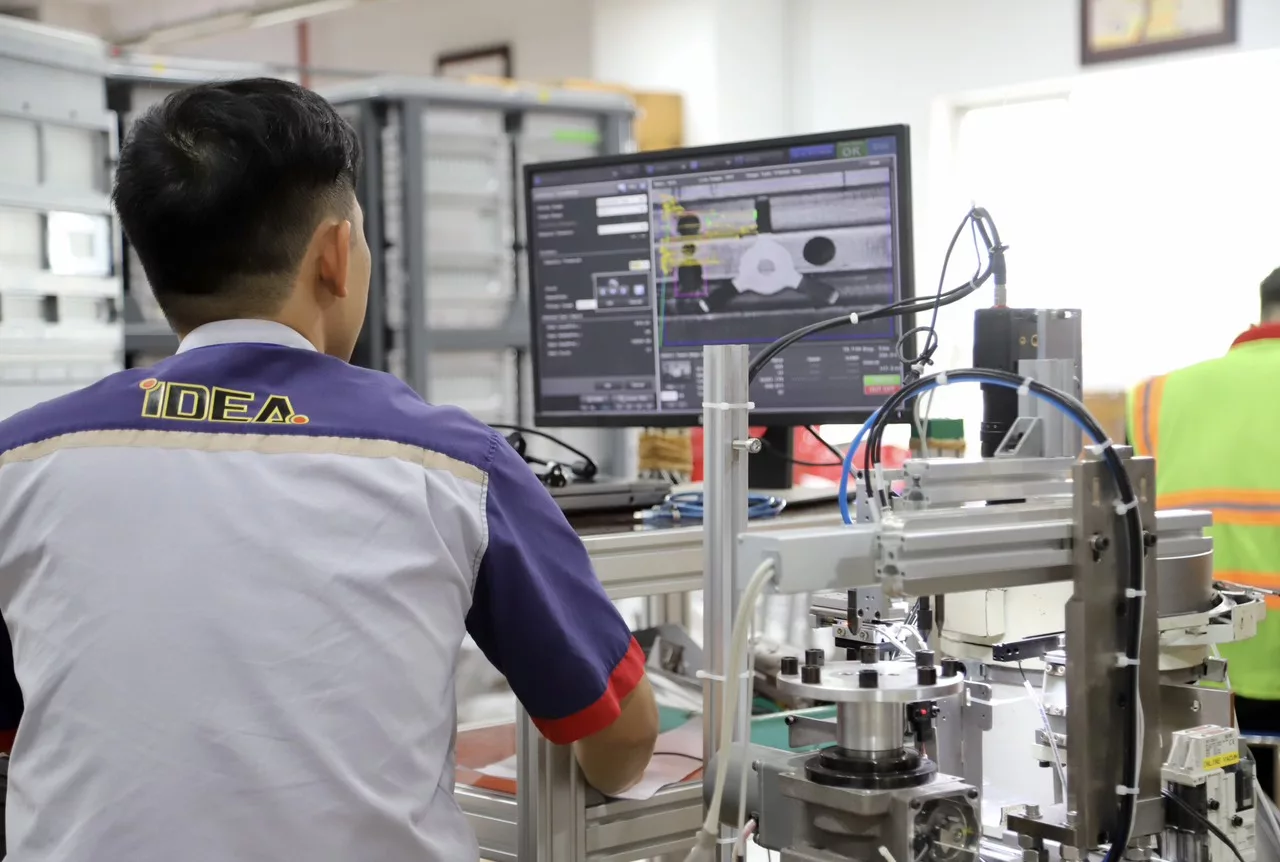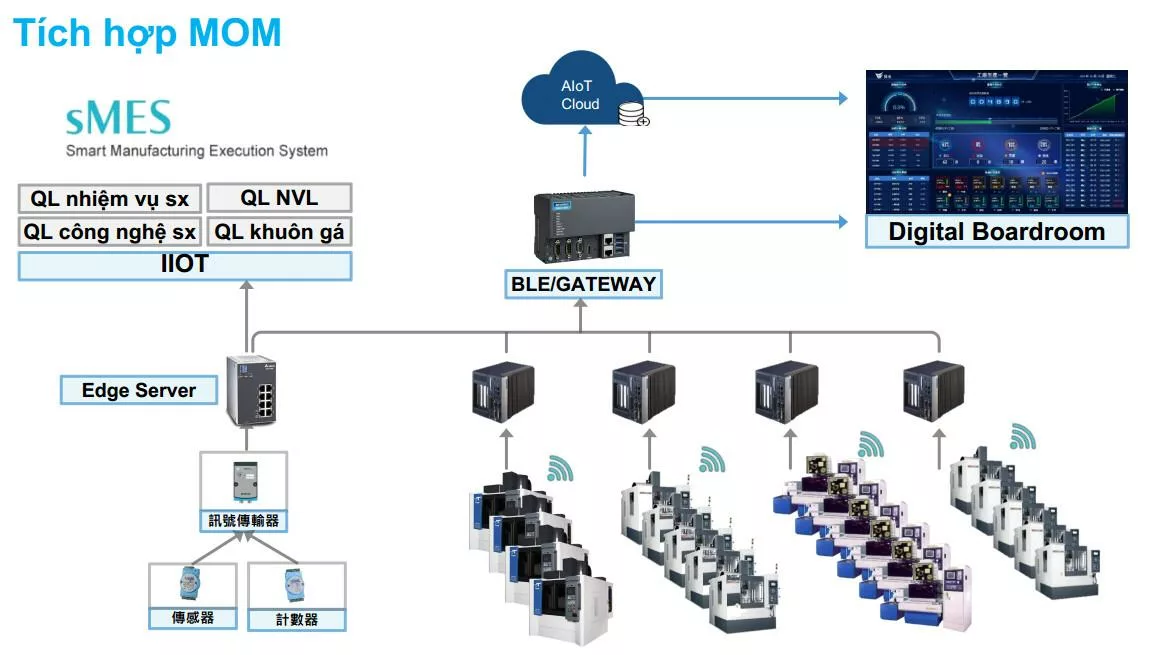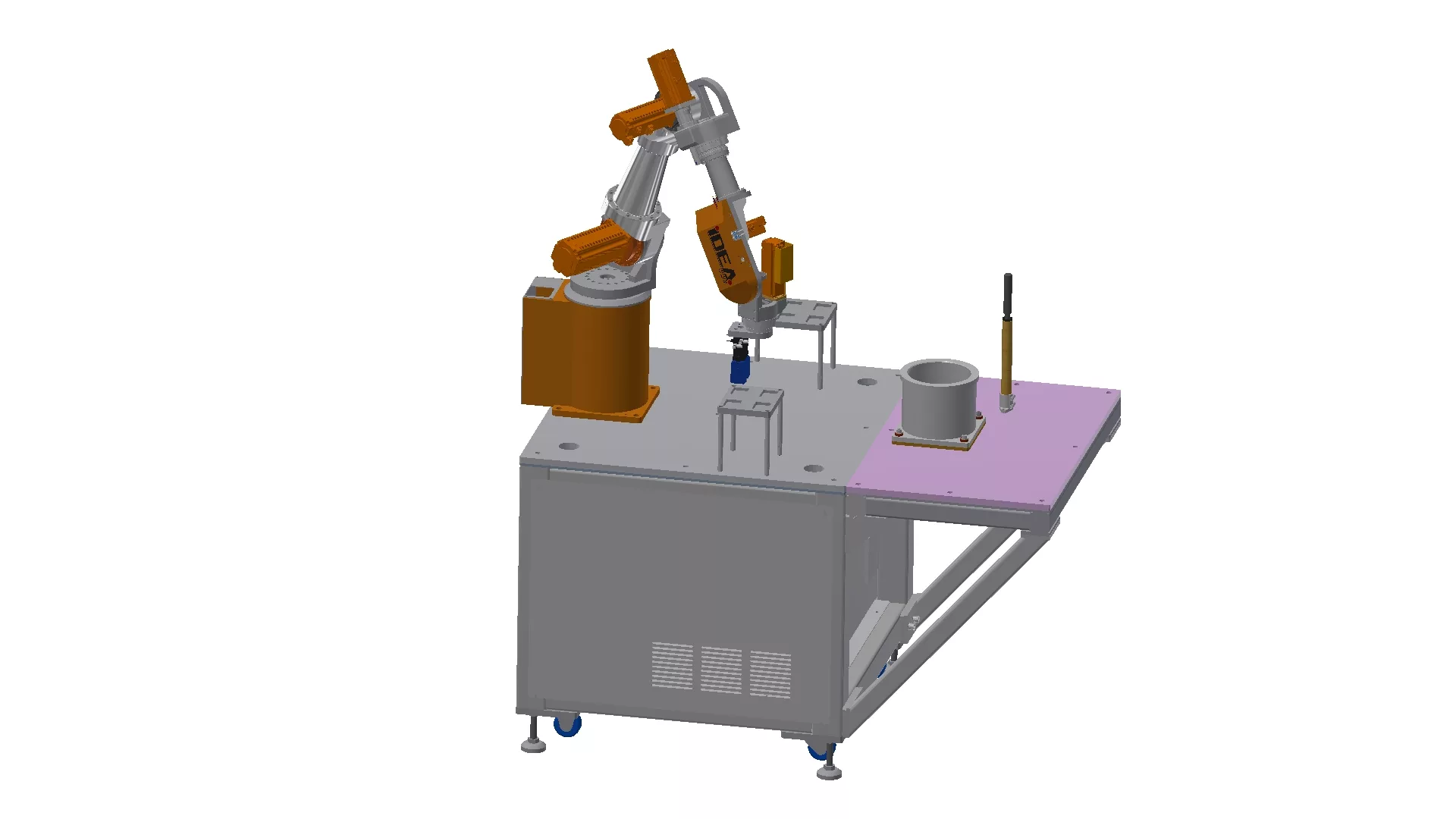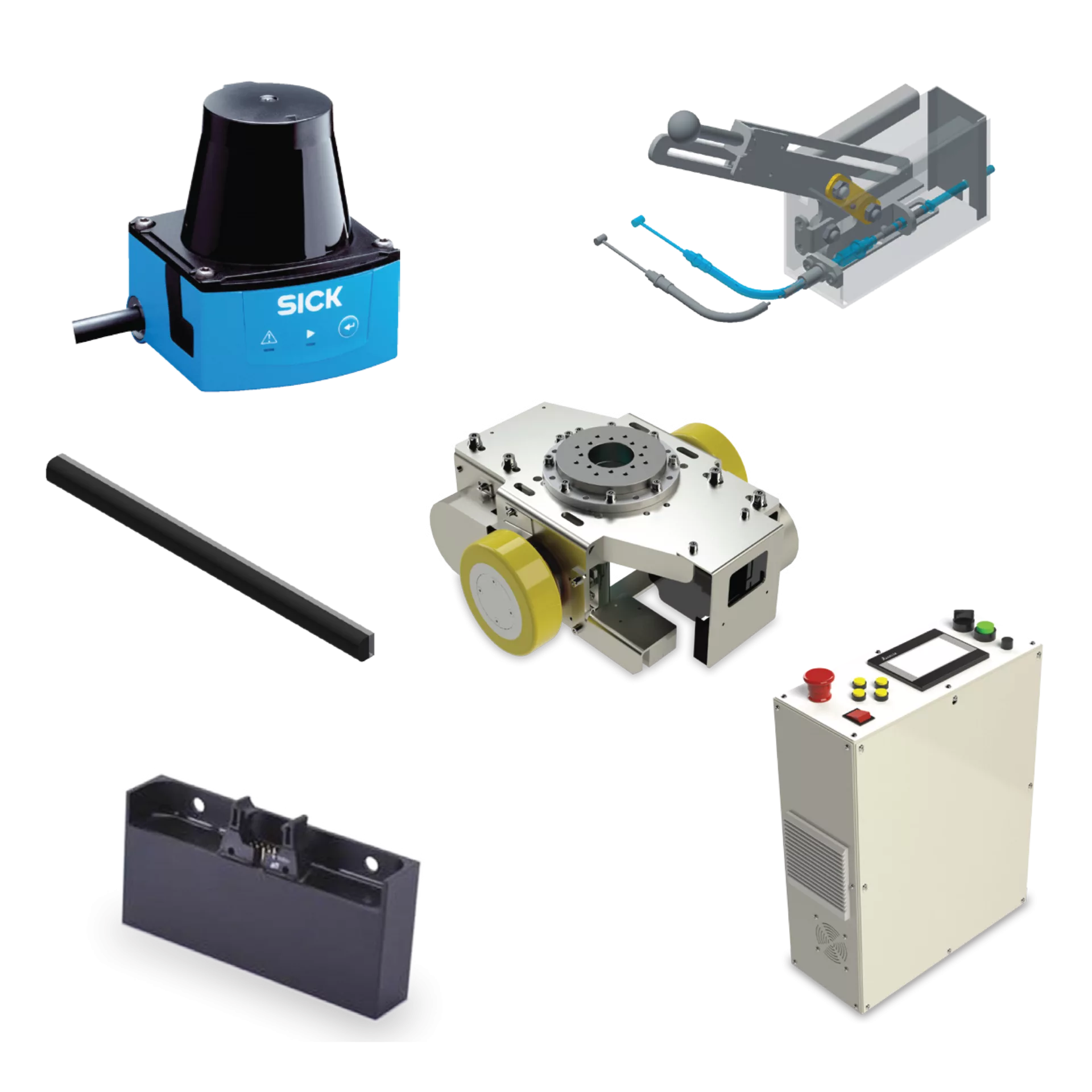Automation is revolutionizing machine manufacturing by streamlining production lines, boosting industrial improvement, and paving the way for smarter, more efficient processes. By integrating automated technologies across various stages of manufacturing, companies can reduce human error, increase precision, and significantly enhance overall productivity. As industries shift toward smart factories and digital transformation, automation has become a key driver of competitive advantage and long-term sustainability in the manufacturing landscape.
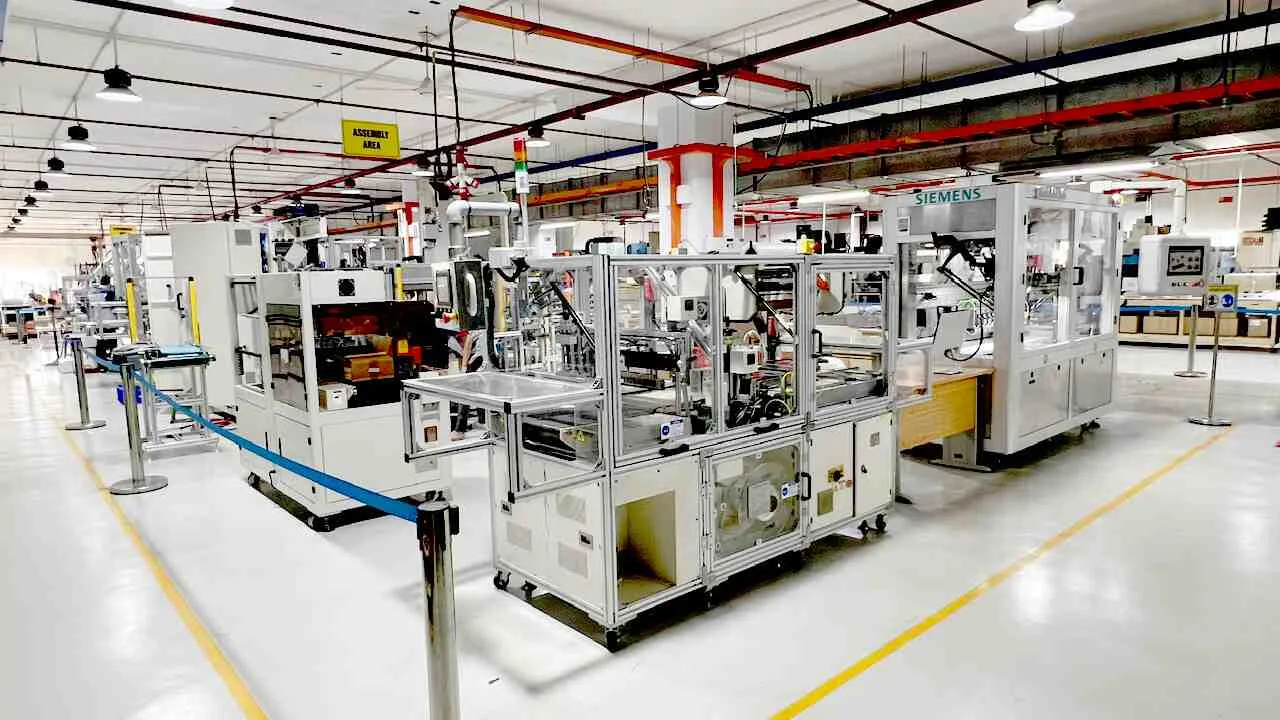
What is Automation in Machine Manufacturing?
Automation in machine manufacturing refers to the use of technology—such as robotics, control systems, and AI—to operate machinery with minimal human intervention. This includes automated assembly, quality control, packaging, material handling, and more.
The primary goal is to enhance the efficiency and consistency of production lines while reducing labor costs and minimizing downtime. From CNC machines responding to digital inputs to AI-powered visual inspection systems, automation enables manufacturers to scale operations while maintaining high quality standards.
Key Types of Automation in Manufacturing
- Fixed Automation: Ideal for high-volume production, including conveyors and dedicated assembly lines.
- Programmable Automation: Best for batch processes, used in systems like industrial robots.
- Flexible Automation: Enables quick changes in product design or production process with minimal downtime.
Major Benefits of Automation on Production Lines
Incorporating automation into production lines yields significant industrial improvement. Manufacturers experience enhanced output, better quality control, and operational cost savings. Here are some of the key advantages:
- Increased Efficiency: Automated systems operate 24/7, speeding up production cycles without fatigue or fluctuation.
- Improved Accuracy: Advanced sensors and AI reduce error rates and ensure product uniformity.
- Reduced Operational Costs: Cuts labor expenses while minimizing material waste.
- Enhanced Worker Safety: Automation takes over dangerous tasks, reducing exposure to hazardous environments.
- Real-Time Monitoring: IoT-enabled systems allow for instant diagnostics and predictive maintenance.
These benefits help manufacturers remain agile and competitive, ensuring faster time to market and higher customer satisfaction.
Current and Future Trends in Industrial Automation
The industrial sector is undergoing a rapid transformation fueled by emerging technologies. As Industry 4.0 advances, the production environment is becoming more intelligent and connected. Some of the most notable trends include:
- Integration of AI and Machine Learning: Enables autonomous decision-making and predictive analytics.
- Industrial Internet of Things (IIoT): Enhances interconnectivity between machines, reducing downtime.
- Collaborative Robots (Cobots): Work safely alongside humans to optimize workflows.
- Digital Twins: Virtual replicas of equipment that simulate performance and maintenance needs.
- Advanced Human-Machine Interfaces: Touchscreens, voice commands, and AR/VR improve operator interaction.
These developments are redefining how manufacturers design and operate intelligent production lines. For a deeper look at tailored machine systems and design services, explore our Machine Design and Drafting Services.
Implementing Automation: Tips for Industrial Improvement
Successfully adopting automation strategies depends on thoughtful planning and collaboration with expert partners. Consider the following tips when integrating automation into your production lines:
- Assess Current Operations: Identify bottlenecks, repetitive tasks, and areas with high fault rates.
- Set Clear Objectives: Define what success looks like—cost savings, faster throughput, or enhanced quality.
- Start Small: Pilot automation with scalable projects before full deployment.
- Invest in Employee Training: Support your workforce in learning to manage and maintain automated systems.
- Partner with Industry Leaders: Collaborate with automation experts like chetaomayidea.com to ensure smooth integration.
Staying updated with innovative tools and systems is crucial. For sourcing advanced industrial solutions and automation equipment, check out ideatechmart.com.
Conclusion: Realize Industrial Improvement Through Automation
Automation is no longer a luxury—it’s a critical driver for industrial improvement across modern production lines. From accelerating throughput to empowering data-driven decisions, it strengthens every aspect of machine manufacturing. As the demands of global markets evolve, staying ahead means embracing innovation and aligning with the latest trends and technologies.
Ready to take your manufacturing capabilities to the next level? Collaborate with IDEA—Vietnam’s trusted partner in automation and machine design solutions. Let’s engineer smarter production lines, together.

